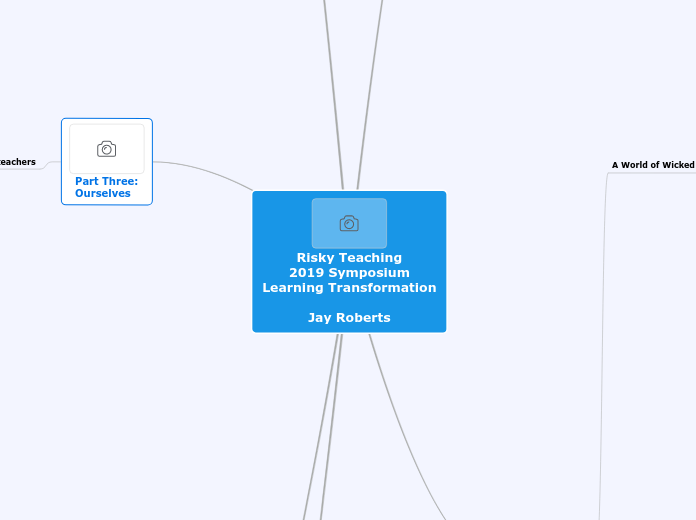
Risky Teaching
2019 Symposium
Learning Transformation
Jay Roberts

Pairs
Who are you sitting next to?
How would you define risk?
Query:
What is the difference between "educative" risk and "miseducative" risk?
Risk
Expereri: to try, test, experiment
Physical, emotional, intellectual, relational, spiritual
Subjective/Objective or Internal/External
Uncertainty
Failure
Query: What if, rather than shying away from uncertainty and failure in teaching and learning, we actually DESIGNED FOR IT?
The Journey
Part One: The World (and the Earthquake)
Part Two: Our Students (and the Playground)
Part Three: Ourselves (and the Engineering Professor)
Part Four: The Real Work (and the Magic Bus)

Part One:
The World
A World of Wicked Problems
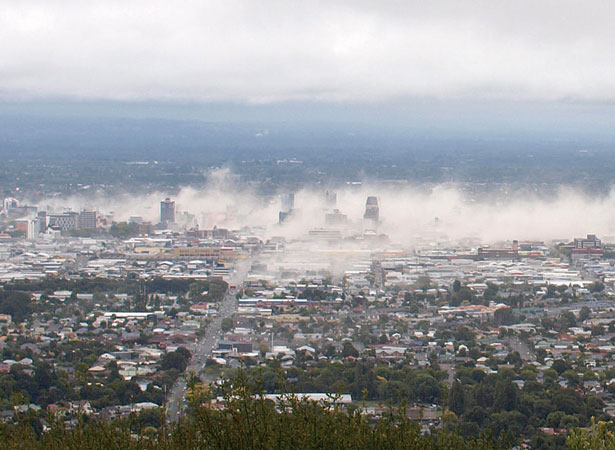
Story #1: The Earthquake




Three New Curricular Fault Lines
Fault Line #1:
Learning Happens Everywhere

Disrupting Ourselves
"By using the phrase “disrupting ourselves” ... I am asserting that one key source of disruption in higher education is coming not from the outside but from our own practices, from the growing body of experiential modes of learning, moving from margin to center, and proving to be critical and powerful in the overall quality and meaning of the undergraduate experience. As a result, at colleges and universities we are running headlong into our own structures, into the way we do business." (Bass, 2012)
The Risk: What if the formal curriculum isn't the point after all?
Fault Line #2:
How Do You Assess That?!
"Out of class" learning
Institutional/Departmental Learning Goals
Competencies
ROI and Career?
The turned soul
The Risk: What if we stopped grading?
Fault Line #3:
Grand Challenges

Wicked Problems
Contested and Complex
Dispersed responsibility and power
High potential for unforeseen consequences
Uncertain, unclear data
Time stress
Climate Change
Gender Inequality
Global Health Pandemics
Violent Extremism
Hunger and Food Insecurity
Water Rights
Solvable by any one discipline?
"Easily" solvable?
The world is full of complex, unscripted problems where the answers are not immediately known and the consequences matter. AAC&U LEAP Initiative

Do our current educational structures prepare students to work and thrive in these kinds of contexts?
The Risk: What if we changed from "majors" to "missions"?
The Bottom Line:

Transformation
"We all know or sense that the academy today is in the throes of transformation. The knowledge, skills, and values in which students should be educated; the intellectual landscape of the disciplines and degrees; the ways in which educational institutions are organized; the funding of teaching, learning, and research-- all of this promises to be profoundly different in 20 years. The forces of change have resulted partly from our own inertia, partly from consequences of our success, and partly from broad political, market, and technological developments not of our making. The question is not whether the academy will be changed, but how." (Scobey, Civic Provocations, 2012)
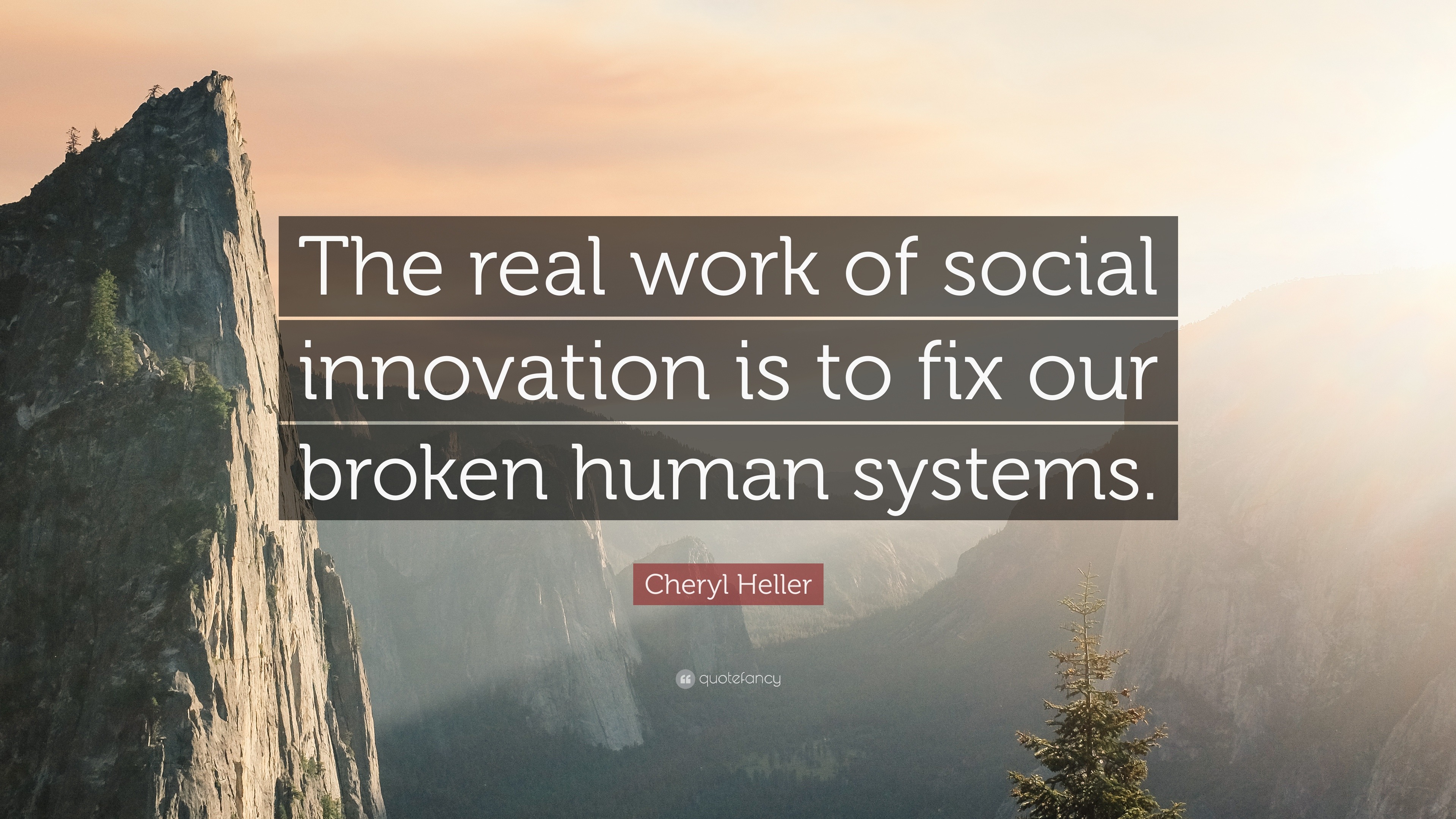
Part Four:
The Real Work
Is it worth the risk?
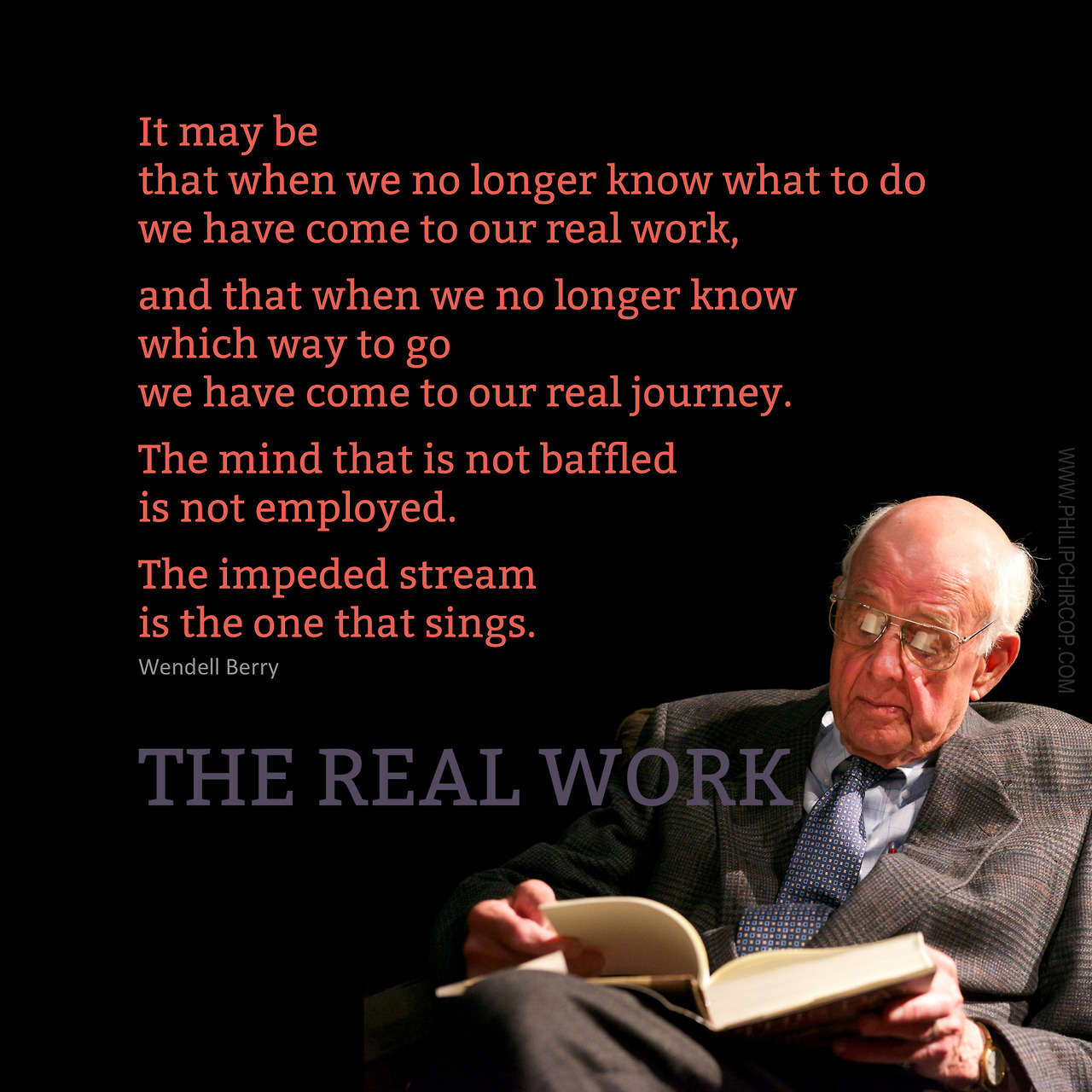
Discussion

Contact Information:
Jay Roberts
roberja@earlham.edu
Twitter: JayWRoberts
Website:JayWRoberts.com

Part Three:
Ourselves
4 New KSA's for teachers
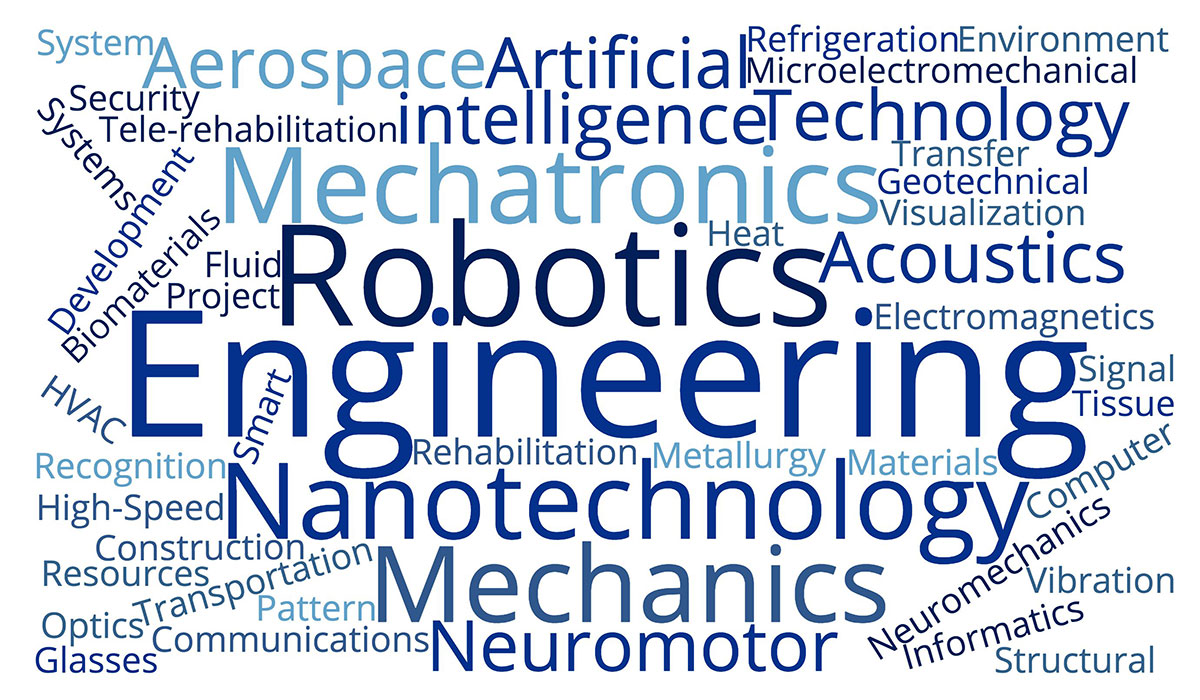
Story #3: The Engineering Professor

1: Teachers as Curators of Experience
WHAT?
Data-Information-Knowledge-Wisdom
It is not (just) about the content
Education as the "continuing reconstruction of experience"
J. Dewey
WHY?
American Academy for the Advancement of Science:
“As biology faculty, we need to put the “depth versus breadth” debate behind us. It is true today, and will be even more so in the future, that faculty cannot pack everything known in the life sciences into one or two survey courses. The advances and breakthroughs in the understanding of living systems cannot be covered in a classroom or a textbook. They cannot even be covered in the curriculum of life sciences majors.
The time has come for all biology faculty, but particularly those of us who teach undergraduates, to change the way we think about teaching..." (Vision and Change Report, 2009)
HOW?
Put the Experience before the Label
Experiential Methodologies
Project-Based Learning
Community-Based Learning
Work-Integrated Learning
Resource:

(Shameless Plug)

2: Teachers As Mentors
WHAT?
SOTS->GOTS->MITM
Grit, Resilience, and growth mindset
Advising is teaching
WHY?
Research is absolutely clear on the importance of relationship in learning
"A Review of Educational Research analysis of 46 studies found that strong teacher-student relationships were associated in both the short- and long-term with improvements on practically every measure schools care about: higher student academic engagement, attendance, grades, fewer disruptive behaviors and suspensions, and lower school dropout rates. Those effects were strong even after controlling for differences in students' individual, family, and school backgrounds.
Teachers benefit, too. A study in the European Journal of Psychology of Education found that a teacher's relationship with students was the best predictor of how much the teacher experienced joy versus anxiety in class."
HOW?
Focus on empathy
Concentrate on building an intentional classroom culture
Develop cross-cultural competencies
Resource:
Universal Design
Resource:
Sandra Huber: My Shadow Syllabus

3: Teachers As Learning Scientists
WHAT?
The neuroscience of learning
Stress/Threat
Neuroplasticity
Pattern-seeking
Multi-modal
WHY?
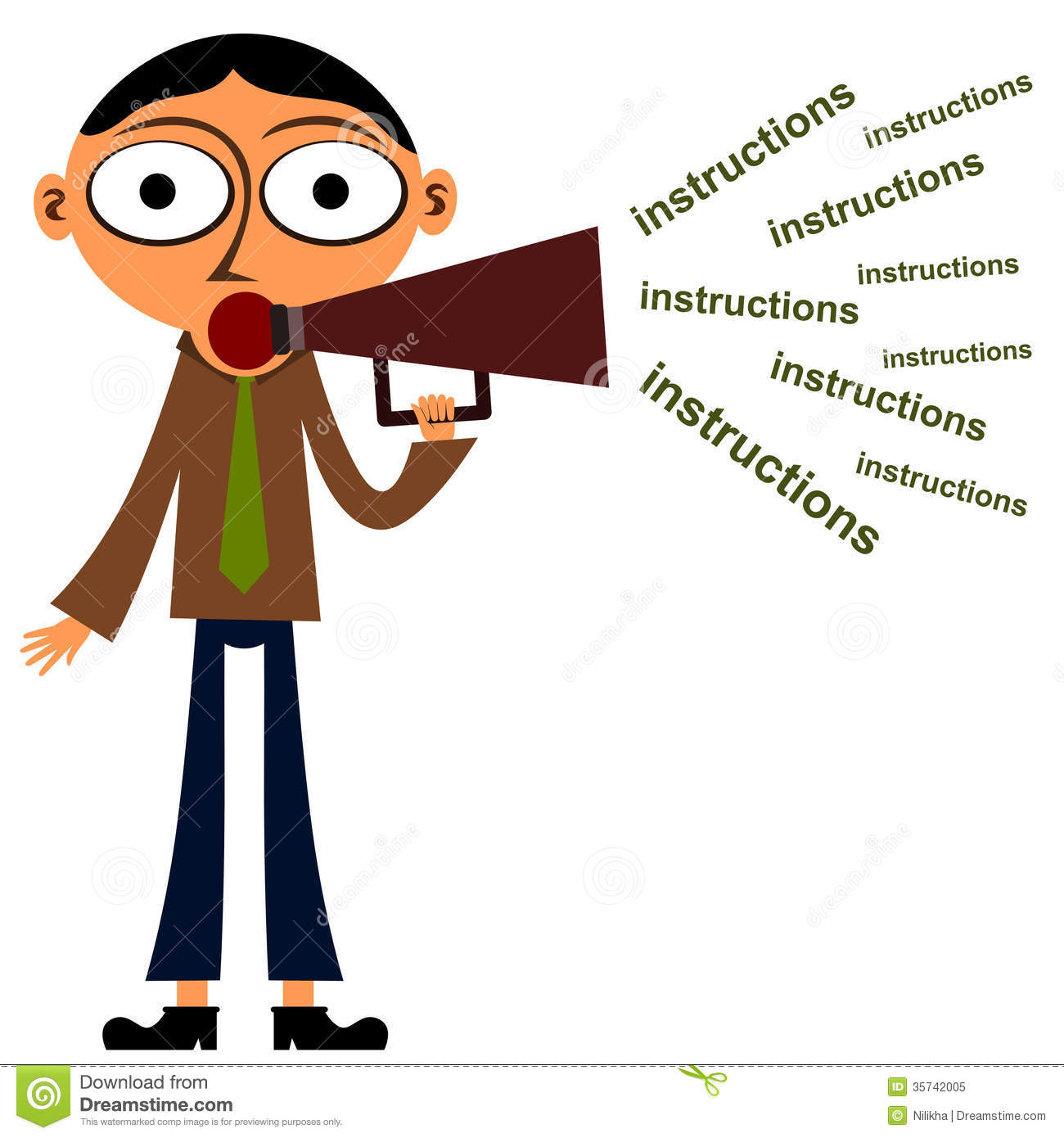
Instruction vs Learning


Barr and Tagg

Is It Ever OK to Lecture?
"On the one hand, research on the matter is quite convincing: A 2014 meta-analysis of 228 studies of lectures and active-learning strategies showed that the results were decidedly one-sided in favor of active learning. So much so that the authors found it questionable ethically to make students attend lecture-based courses, given all that we know about how ineffective they are."
HOW?
Active Learning
Metacognition
Resource:
James Lang

4: Teachers As Risk Takers
WHAT?

Edu-preneurship
Fail fast, fail forward
Be creatively restless
Remember the creativity curve
75/25 rule
WHY?
Infinite vs Finite Games
HOW?
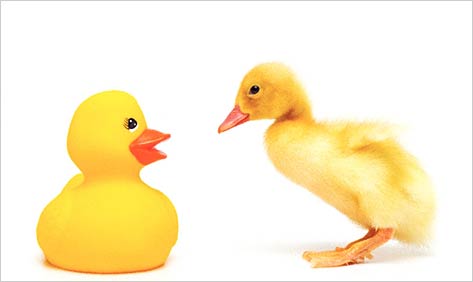
Authenticity
Know Thyself
Cultivate and nurture your EQ
Resource:


Reflection
With a neighbor (or two)
What struck you so far?
What questions come up for you?

Part Two:
Our Students
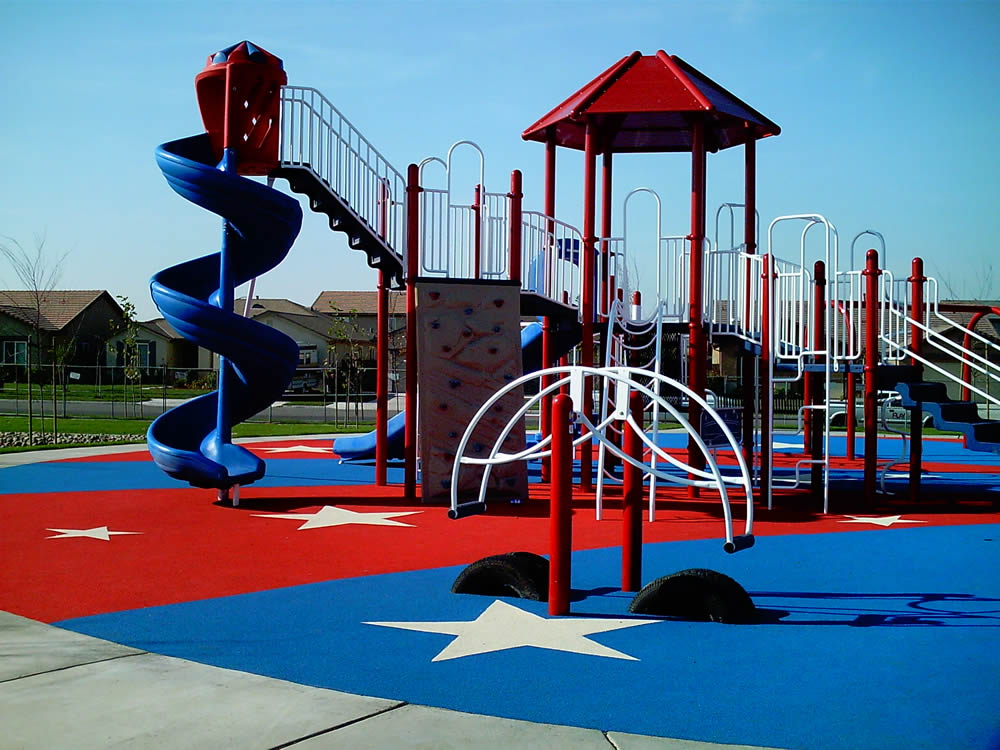
Story #2: The Playground
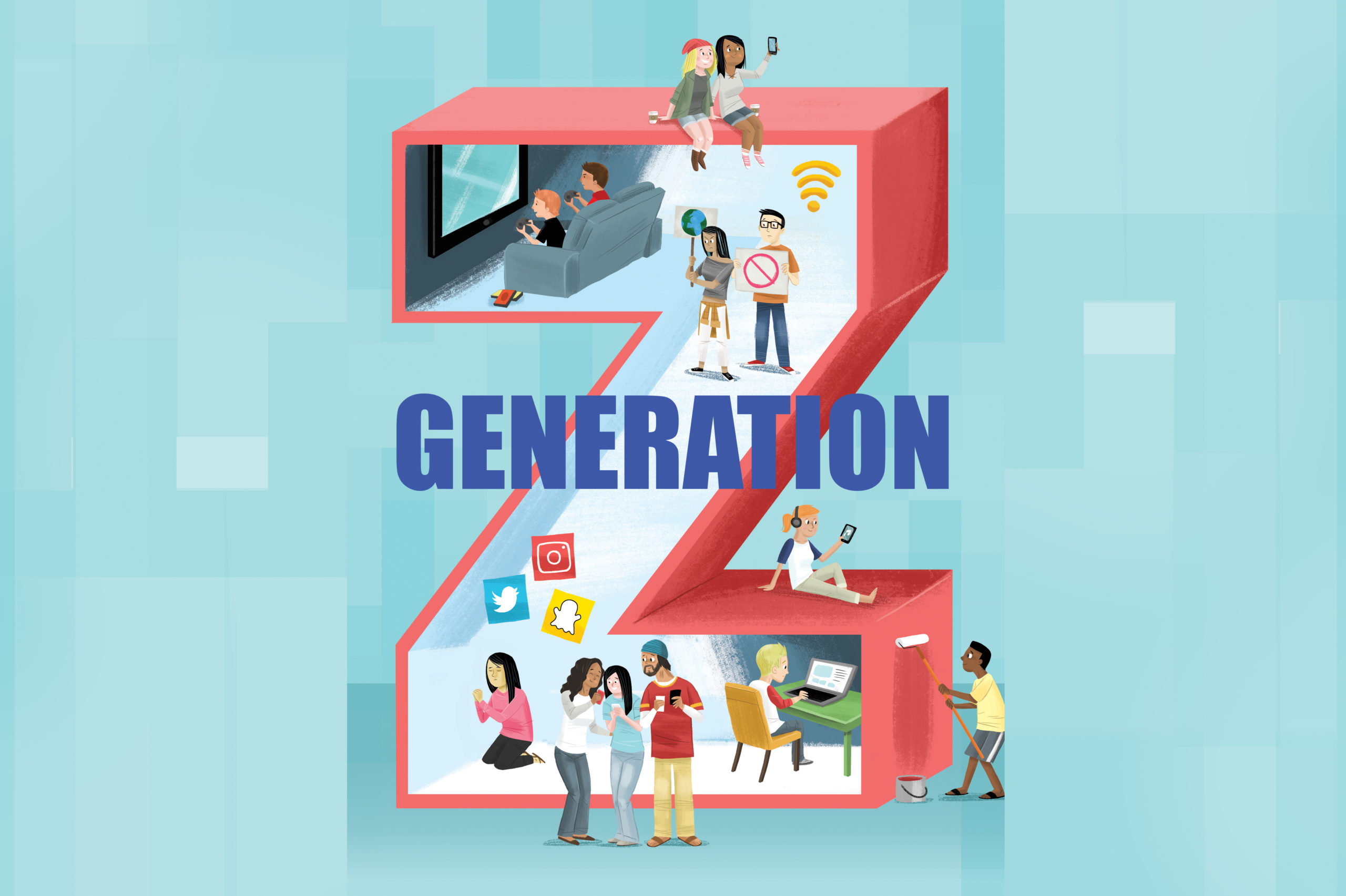
Ages 5-18
"Likes"
Hands-on learning
Real world experience
Professional opportunity
Small class sizes
Personal connections
More efficient, more inexpensive, more career aligned

High Impact Learning Practices (AAC&U, 2008)
Learning communities
Collaborative assignments and projects
Service learning, community based learning
Undergraduate research
Internships and project-based learning
Diversity/global learning
Immersion experiences

Gallup Poll "Big 6"
1. A professor who excited me about learning
2. Professors who cared about me as a person
3. A mentor who helped me pursue my goals and dreams
4. Work on a project that took a semester or more to complete
5. Internship or job that allowed me to apply my learning
6. Extremely active in extracurricular activities and organizations
3% agreed to all 6.
The Risk: What if we changed, as instructors, from "listen to me" to "how I can I help?"
